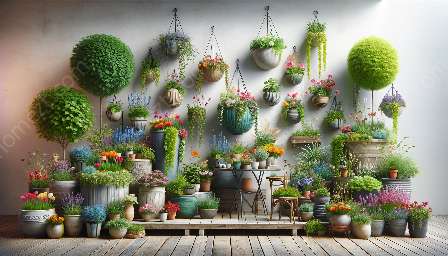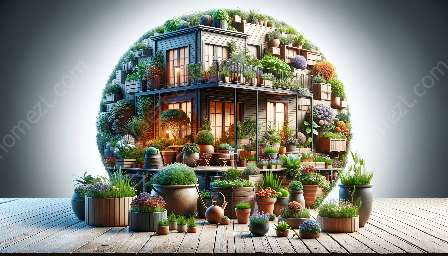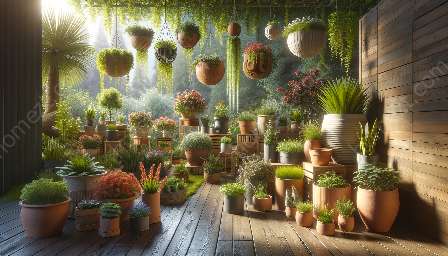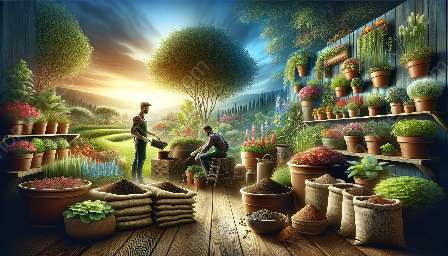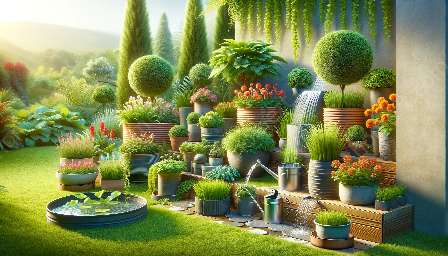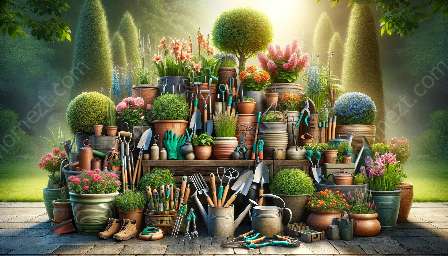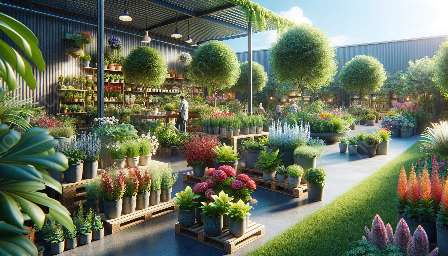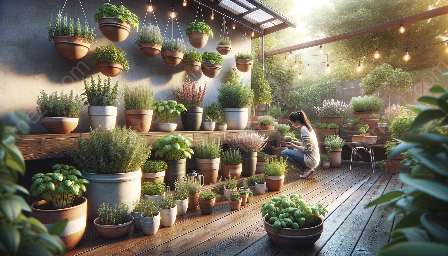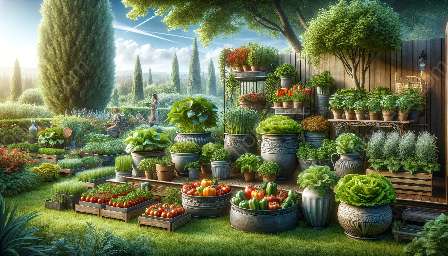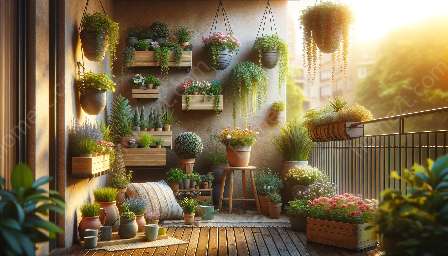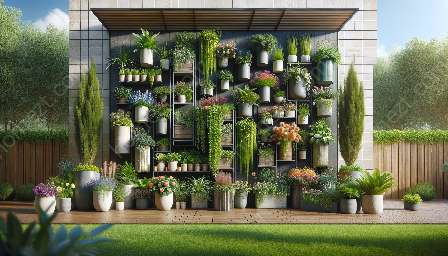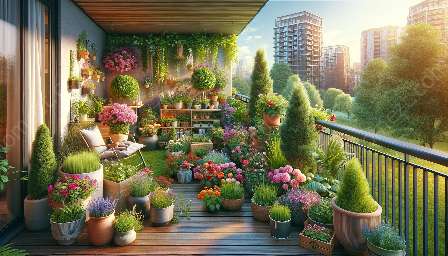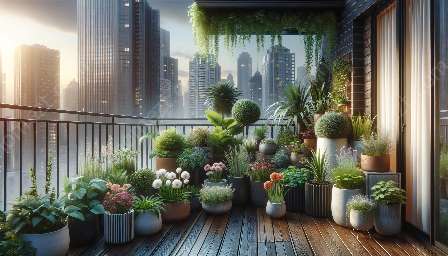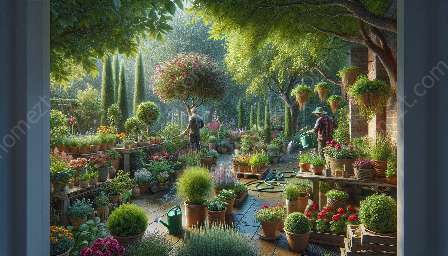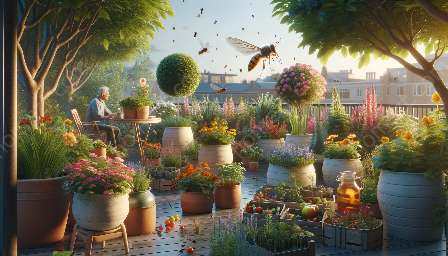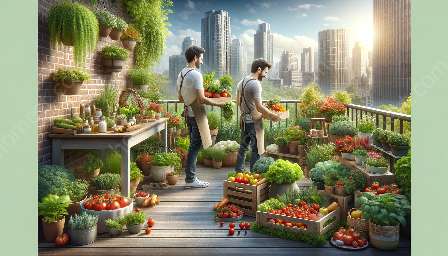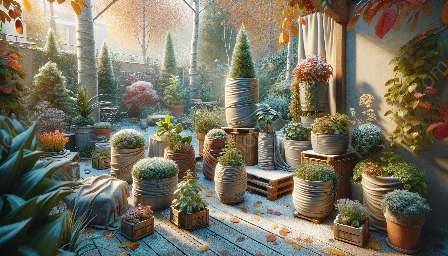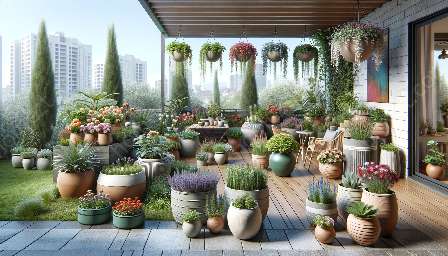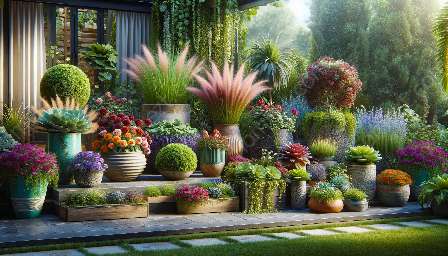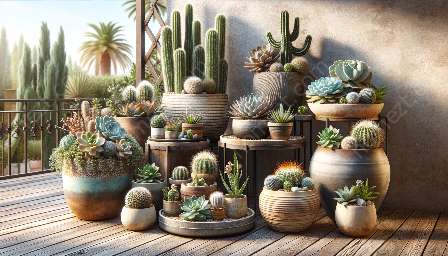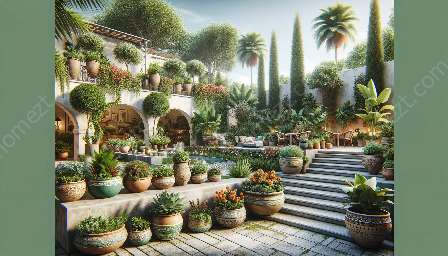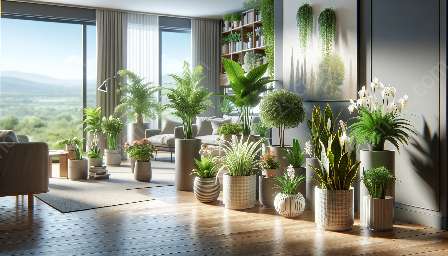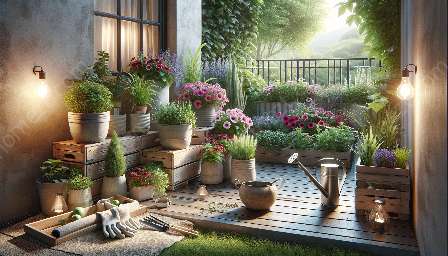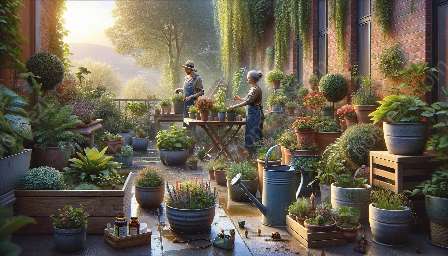Container gardening is a popular and versatile way to grow plants, especially in urban areas or limited spaces. Whether you want to grow flowers, herbs, or vegetables, the success of your container garden greatly depends on the quality of the soil and the use of appropriate fertilizers. In this comprehensive guide, we will discuss the key factors to consider when selecting soil and fertilizers for container gardening, and explore the best options for your gardening and landscaping projects.
The Importance of Soil for Container Gardening
When it comes to container gardening, the type of soil you use is crucial for the overall health and growth of your plants. Unlike traditional in-ground gardening, container gardening requires a well-draining and nutrient-rich soil mix that can provide adequate support for plant roots in a restricted environment. The key characteristics of good soil for container gardening include:
- Drainage: Container soil should be well-draining to prevent waterlogged roots and promote aeration. Excess water retention can lead to root rot and other issues, so it's essential to choose a soil mix that allows water to flow through easily.
- Moisture Retention: While good drainage is important, the soil should also have the ability to retain moisture to prevent the plants from drying out too quickly.
- Nutrient Content: Container plants rely on the soil for their nutrients, so it's essential to use a soil mix that has the right balance of organic matter and essential nutrients for healthy growth.
- Nutrient Balance: Different plant species have varying nutrient requirements. Make sure to choose a fertilizer that provides the right balance of nitrogen (N), phosphorus (P), and potassium (K) to support the specific needs of your plants.
- Slow-Release vs. Liquid Fertilizers: Slow-release fertilizers are convenient for container gardening as they provide a steady supply of nutrients over an extended period. On the other hand, liquid fertilizers can be quickly absorbed by plants and are ideal for addressing immediate nutrient deficiencies.
- Organic vs. Synthetic Fertilizers: While both types have their advantages, organic fertilizers promote long-term soil health and microbial activity, making them a sustainable choice for container gardening.
- Follow Recommended Dosages: Avoid over-fertilizing your plants, as it can lead to nutrient imbalances and even damage the roots. Always follow the recommended dosage on the fertilizer packaging and adjust based on the specific needs of your plants.
- Timing: Fertilize your container plants during their active growing season, typically in spring and summer. It's important to reduce or stop fertilization during the dormant winter months to prevent unnecessary stress on the plants.
- Application Methods: Depending on the type of fertilizer, you can apply it by top-dressing the soil, mixing it into the watering can, or using a specialized applicator for controlled release fertilizers.
Choosing the Right Soil Mix for Containers
When selecting soil for container gardening, you have several options to consider:
1. Commercial Potting Mix:
Commercial potting mixes are readily available and formulated specifically for container gardening. They are usually lightweight, well-draining, and enriched with essential nutrients. Look for a high-quality potting mix that suits the specific needs of your plants, such as a mix designed for vegetables, flowers, or succulents.
2. DIY Soil Mix:
If you prefer to create your own soil mix, you can combine components such as peat moss, perlite, vermiculite, and compost to achieve the ideal texture and nutrient content for your container plants. This allows you to customize the mix based on the requirements of your plants and your gardening preferences.
Understanding Fertilizers for Container Gardening
In addition to choosing the right soil, fertilizing container plants is essential to provide them with the necessary nutrients for healthy growth and development. Since container plants have limited access to natural nutrients from the ground, it's important to supplement their diet with fertilizers. Here are some key points to keep in mind when selecting fertilizers for container gardening:
Applying Fertilizers to Container Plants
When it comes to fertilizing container plants, proper application is key to achieving optimal results. Here are some guidelines to ensure effective fertilization:
Conclusion
Choosing the right soil and fertilizers is essential for the success of your container gardening endeavors. By understanding the unique requirements of container plants and selecting appropriate soil mixes and fertilizers, you can create a thriving environment for your favorite plants to flourish. Whether you're a gardening enthusiast or a beginner looking to start your container garden, the knowledge gained from this guide will empower you to make informed decisions and enjoy the rewards of a lush and flourishing container garden.

